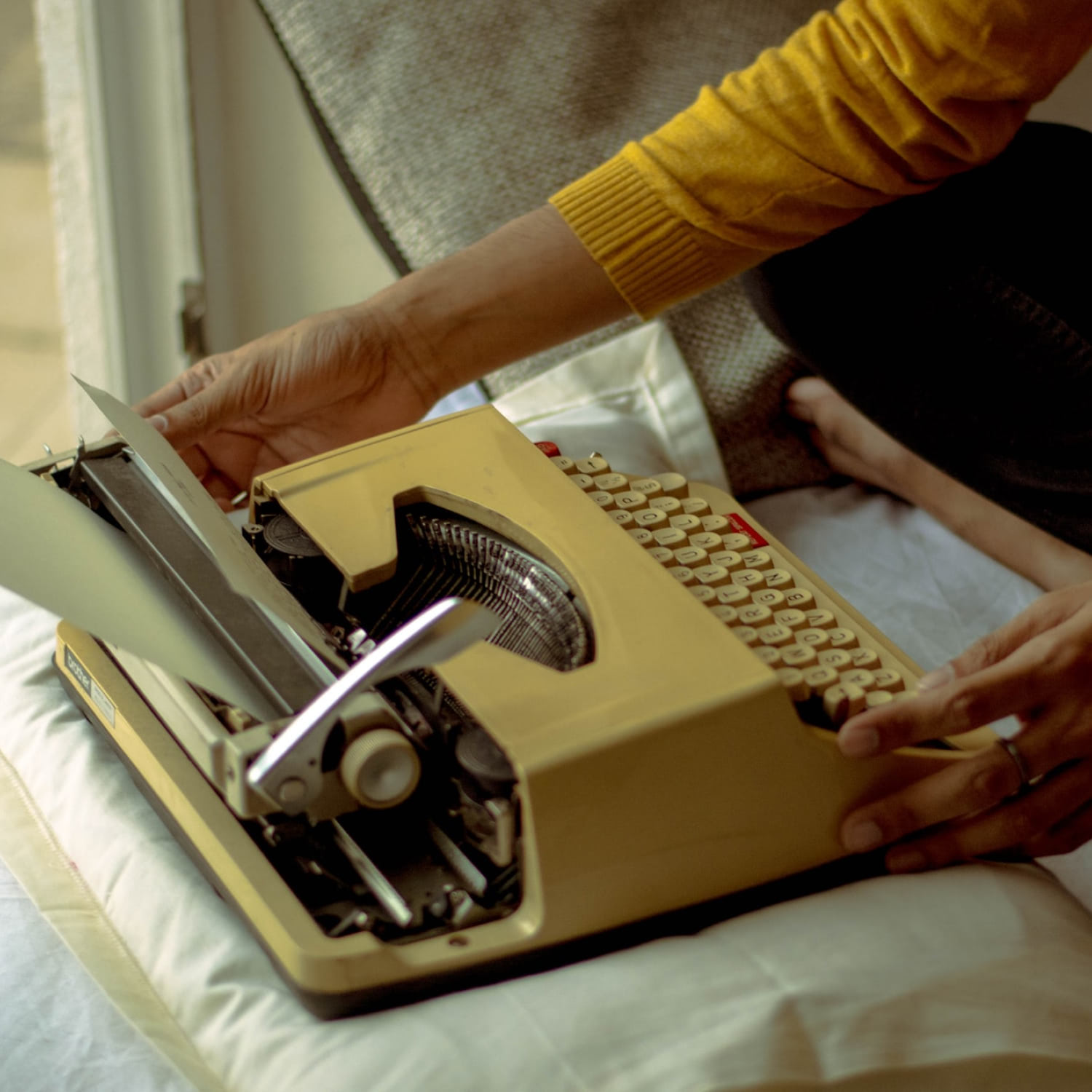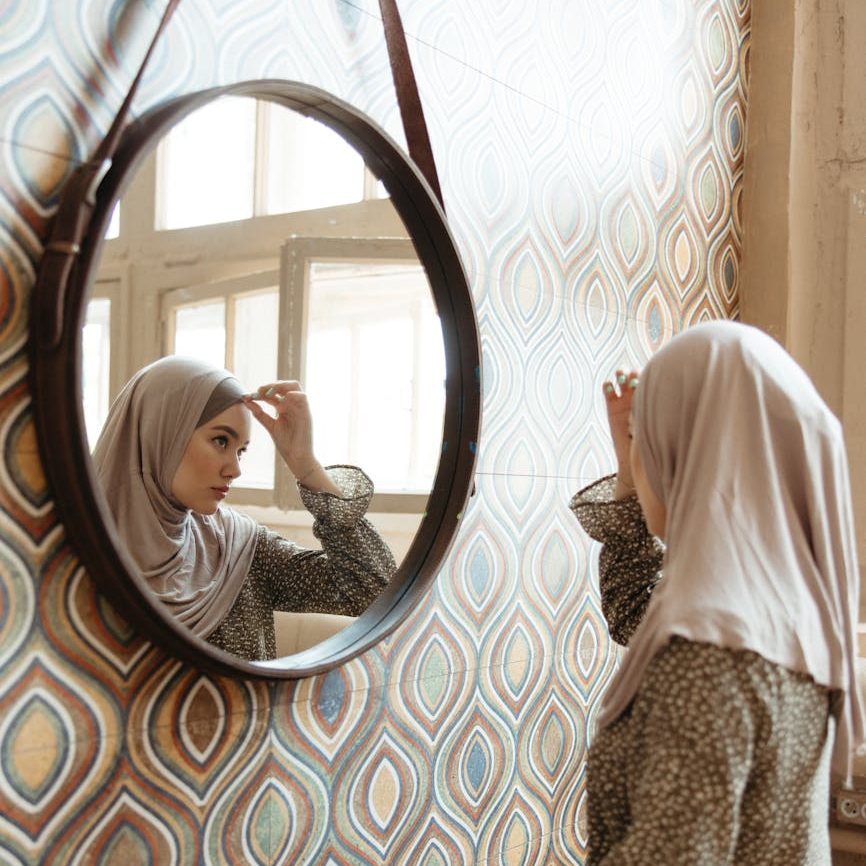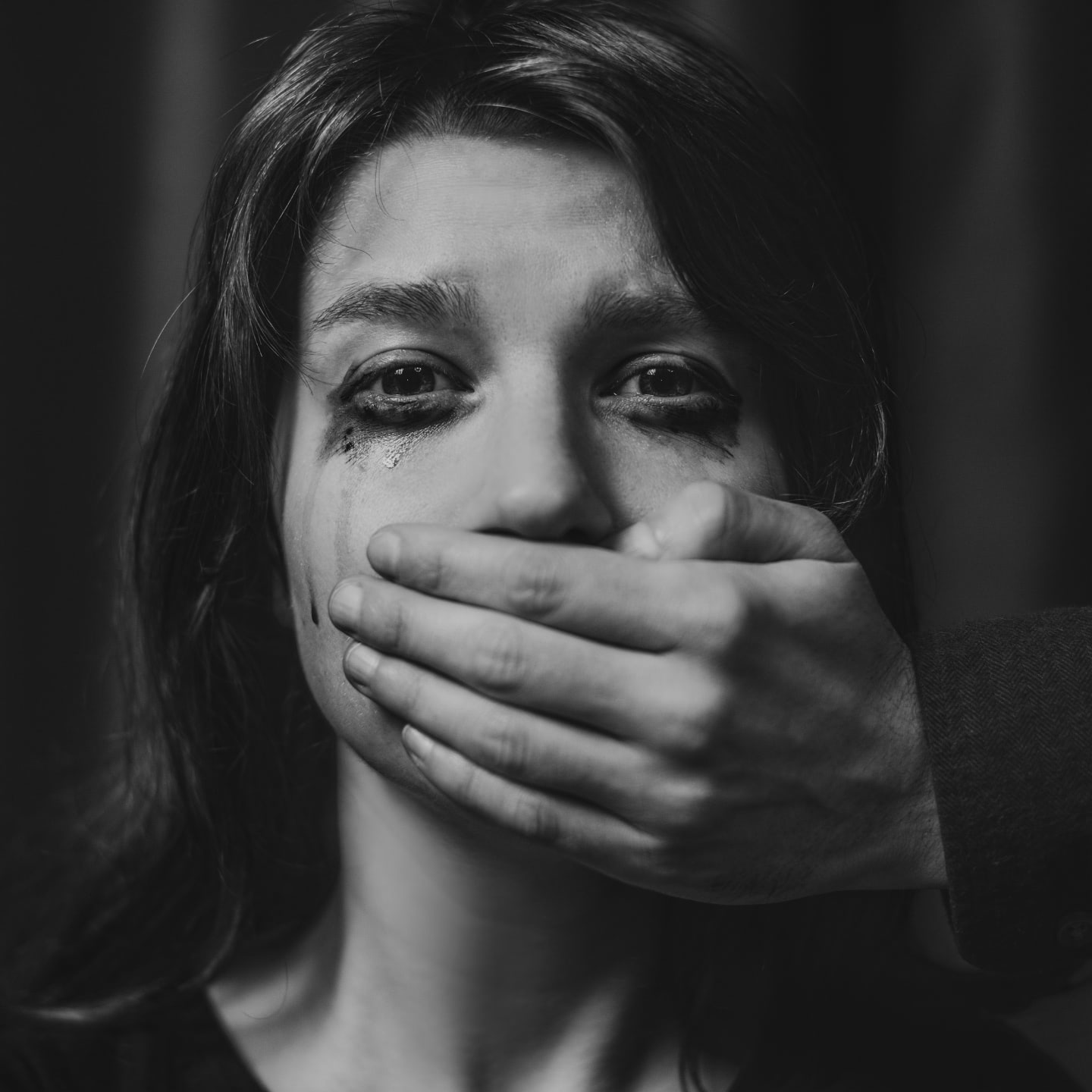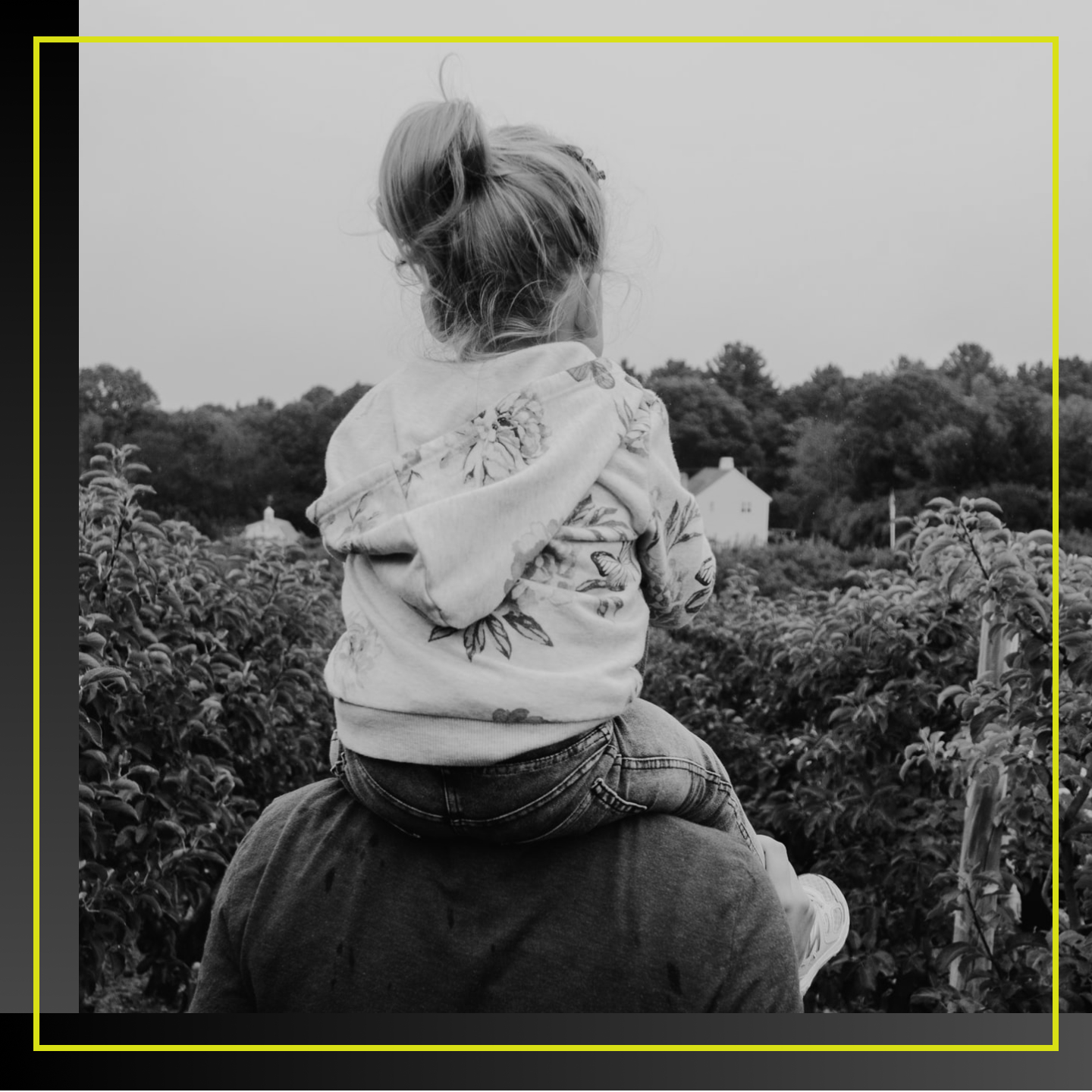
How Nora Ephron Gave a Brown Woman the Courage to Write|A young woman learns to turn her lived experiences into stories.|A young woman of color learns to tell her story.
How Nora Ephron Gave a Brown Woman the Courage to Write|A young woman learns to turn her lived experiences into stories.|A young woman of color learns to tell her story.
How Nora Ephron Gave a Brown Woman the Courage to Write
Nora Ephron was an accomplished essayist, screenwriter and filmmaker. She penned the screenplays for some of the most successful romantic comedies of our time, including When Harry Met Sally…, Sleepless in Seattle and Julie & Julia. Before delving into the world of film, Ephron was also a fearless journalist—in the 1960s she was a reporter for the New York Post and later went on to become a columnist on women’s issues for Esquire. Though I had watched and re-watched most of Ephron’s films, I knew very little of the writer’s life until I saw the 2015 documentary Everything Is Copy, directed by Ephron’s son, Jacob Bernstein, which explores the epic life and legacy of his mother.The film’s title was a maxim coined by Nora’s mother, Phoebe Ephron, who herself was a gifted playwright and screenwriter. In one scene, Nora describes the meaning behind her mother’s private adage, “I now believe that what my mother meant was this: When you slip on a banana peel, people laugh at you. But when you tell people you slipped on a banana peel, it’s your laugh, so you become the hero, rather than the victim, of the joke. I think that’s what she meant.”Early on, Phoebe had given her daughter the license and reassurance to mine her own personal life for material and chronicle her foibles and tragedies with radical honesty. And Nora lived by that rule, architecting her own persona and using her own experiences as fodder for her writing. As a brown, Muslim woman, I felt especially enlightened hearing this maxim explained aloud.
Until College, Most of My Thoughts Remained in Diaries
I had officially begun writing during my first year of university in England. I was one of the few persons of color on an extremely white-dominated campus, and upon arrival, was suddenly bestowed two markers of identity—minority student. I felt the otherness as I walked on campus or roamed the halls of my dorms. I would observe my white peers and professors move nonchalantly in any given space as communities of color seemingly orbited around them. Within the classroom setting, and off-campus, I had also been the victim of racist confrontations and multiple microaggressions, but my complaints were shut down by an overwhelmingly white administration that simply didn’t—and couldn’t ever—understand what it meant to feel alienated because of one’s race. A few months into my first year, I stumbled upon Everything Is Copy. Upon hearing Ephron’s literary tenet, I began to take control of my own narrative. The rule confirmed what I silently knew all along: Writing was going to be my instrument to reclaim my voice. I had finally accessed an art form where personal feelings and opinions held legitimacy and were given a credible space if seen as contributing to society. And so I picked up my laptop and began to write. For my debut essay in the college newspaper, I wrote about the homesickness and isolation I felt like a foreign student in a Western country. The unexpected, resounding response I received from different communities of color and fellow international students encouraged me to begin documenting my own unique happenings interlinked with race and feminism. However, early on in my encounters with the personal essay genre, I found that, as a literary brown woman, I wasn’t afforded the same space and opportunity to be vulnerable in my writing as my white peers were. Growing up in Pakistan, I was instilled with the mentality that writing about one’s feelings, thoughts and experiences was a sign of being weak or “overly emotional.” I was told, like many other brown people are told, to subsume my feelings. And until I began to write professionally, most of my words remained merely as diary entries. Like many female writers before me, my stories of suffering and anguish weren’t taken seriously or considered worthy enough to be called art. But witnessing Ephron take the world of journalism by storm, and occupy the director’s seat in Hollywood, was empowering. Here was a female artist taking ownership of her tales and claiming space for the unabashedly complex female experience.

I was told, like many other brown people are told, to subsume my feelings.
My Personal Experiences Were Inherently Political
Every single time I faced doubts as a young female writer, both during and after college, I’ve reminded myself that “everything is copy.” By doing this, I’ve been able to experience catharsis through the process of poetry and journalistic writing. I’ve learned to center my own emotional perspective as a woman of color, automatically defying the patriarchal and cultural gatekeepers. I’ve understood how to be delicately intimate and vulnerable in an effective way—a particularly difficult task in the age of social media and oversharing.Post-college, I began covering broader, more relevant issues like race relations, South Asian culture and global feminism. These were all topics interlinked with my own identity and pushed me to realize that my personal was political. Interestingly, I also came to realize how my literary outlook was chiefly rooted in Western ideology, and I instantly began to discard the colonial lens I was writing through. Soon, I was rebuilding my fraught relationship with my mother tongue, Urdu, and inculcating my bilingualism into poetic form. I now possessed a newfound creative freedom, where culture, tradition, language and memory could coexist. Ephron’s dictum also permitted me to use writing as a way to organize the clutter in my mind and come to terms with past familial trauma. Putting the anguish of my past into words allowed me to regain a semblance of control in a way that didn’t let the pain entirely best me. Though it wasn’t a cure-all, I was at least halfway through to letting my traumatic past finally go.
I Learned the Importance in Sharing My Voice
Audre Lorde, a Caribbean-American poet, essayist and activist, explained the essentiality of her own voice in her poignant essay, “The Transformation of Silence Into Language and Action.” “I have come to believe over and over again that what is most important to me must be spoken, made verbal and shared, even at the risk of having it bruised or misunderstood.”For years, the world has participated in the cruel silencing and erasure of the voices of writers of color. As a result, we’ve collectively faced doubt in our right to share stories. In Pakistan, I risk censure by reporting events like the feminist movement (Aurat March—Urdu for "Women’s March") because of the heavily prevalent patriarchal constructs and the deep vein of internalized misogyny that runs through the nation. However, like Lorde’s and Ephron’s maxims emphasized, it would be a disservice—not only to me, but to the female collective I belong to—if I never wrote about these crucial causes.
Not Everything Is Worthy of Being Shared
Ephron’s own literary journey, and her strong self-belief in everything being copy, has encouraged writers across the globe to translate their own personal experiences through creative expression. She taught writers how to consistently view the world through a sensitive lens, taking in and observing everything around them, from the mundane to the essential. However, while writing openly about one’s own insecurities and failures is a powerful act of vulnerability, there is also a fine line between “everything is copy” and sensational disclosure. As a writer, there have been moments in my life where I’ve used people close to me and the most private moments I’ve shared with them as fodder for my work. But over the years, I’ve come to understand that not everyone and everything in my circle is fair game. Some events are intimate, not meant for an article or an essay. Moreover, Ephron’s dictum seemed to generalize greatly, because not everything in our lives is worth being copy. Most of us live ordinary lives, filled with regular moments, which aren’t fit for the page. What is fit is material and stories we critically examine and evaluate to see whether they are in any way contributive to broader society. And perhaps, Ephron came to this realization as well. When she was diagnosed with leukemia, the disease which would ultimately take her life, Ephron remained strictly private, only revealing her illness to her family and friends until much later on. Toward the end of the documentary, Ephron’s son provides his final thoughts and developments on his mother’s famous adage.“Ultimately, people you love are not copy,” he says. “Copy is the pain, the things you’ve lost. What you decide to give away. That’s copy.”












